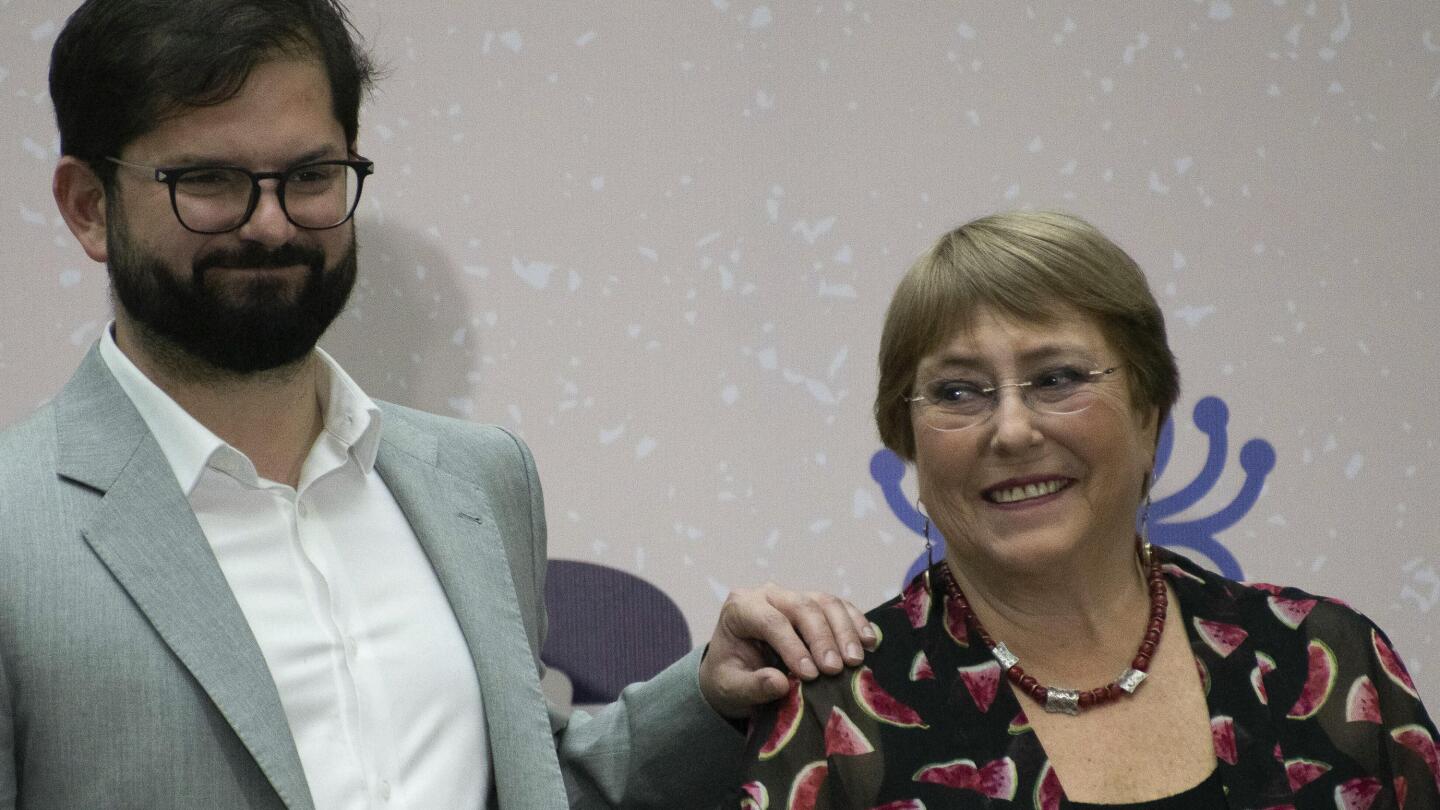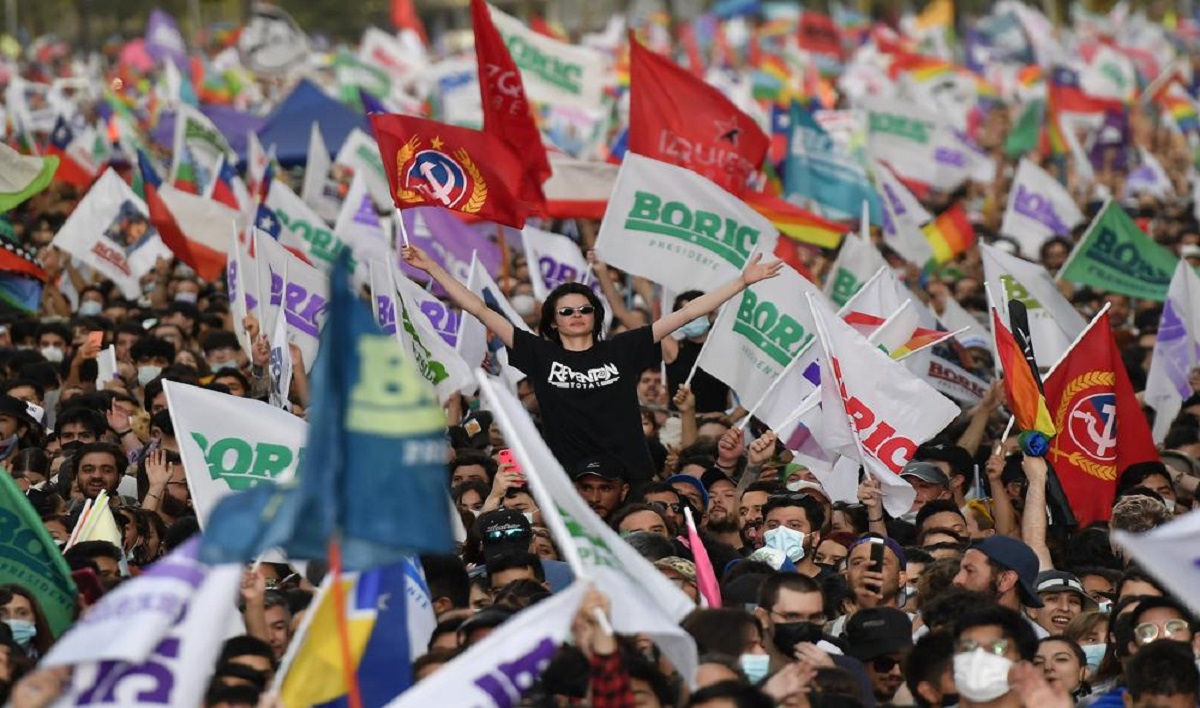
Remembering the ‘Stronismo’: How ghost of a brutal dictator haunts Paraguay
Al JazeeraSeventy years since General Alfredo Stroessner seized power in the small Latin American country, memories of his bloody legacy and the massacre it triggered in 2012 live on. To the women, men, children and elders who had claimed access to Marina Kue, this was “Farm No 53”, a property incorporated within Stroessner’s controversial land distribution programme and agricultural colonisation scheme of eastern Paraguay. “The soy lobby and Paraguay’s united political right used the massacre as a pretext to call for a halt for reform packages and environmental laws … to pave the way for an expansion of genetically modified versions of soybeans, maize, and rice.” Indeed, on June 22, 2012, just one week after the massacre – as Castro and other wounded peasants dangled between life and death – President Lugo was toppled in a parliamentary coup. Francia’s political collectivism – or “way of life,” as described by small-scale farmers in rural Paraguay – was entombed by the “War of the Triple Alliance”. During Cartes’ presidency, many “narco-politicians” – those tied to Paraguay’s lucrative illegal trade of arms, cigarettes, and drugs – were elected to office, making them dependent on his legal protection in exchange for political loyalty.
History of this topic

Paraguay: Ex-president’s influence in question after victory
Associated Press
Opposition bloc seeks to oust Paraguay's long-ruling party
The Independent
Coalition challenges Paraguay’s long-ruling Colorado Party
Associated Press
US places former Paraguayan president on corruption list
Associated PressDiscover Related



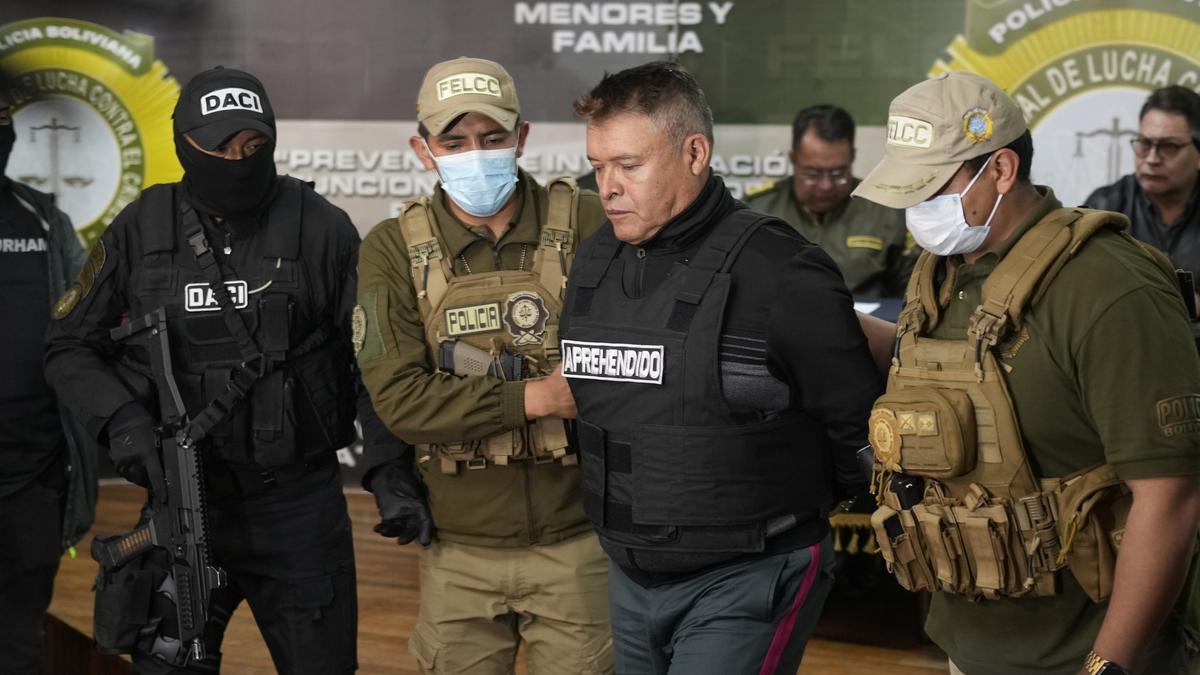
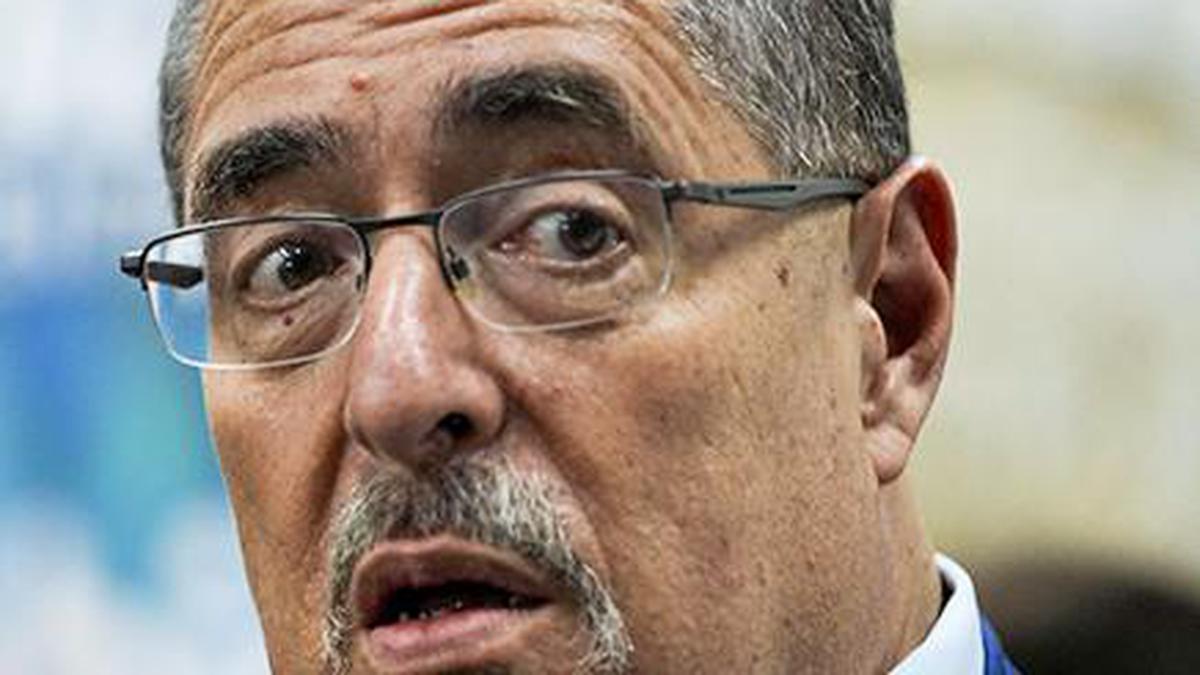









)

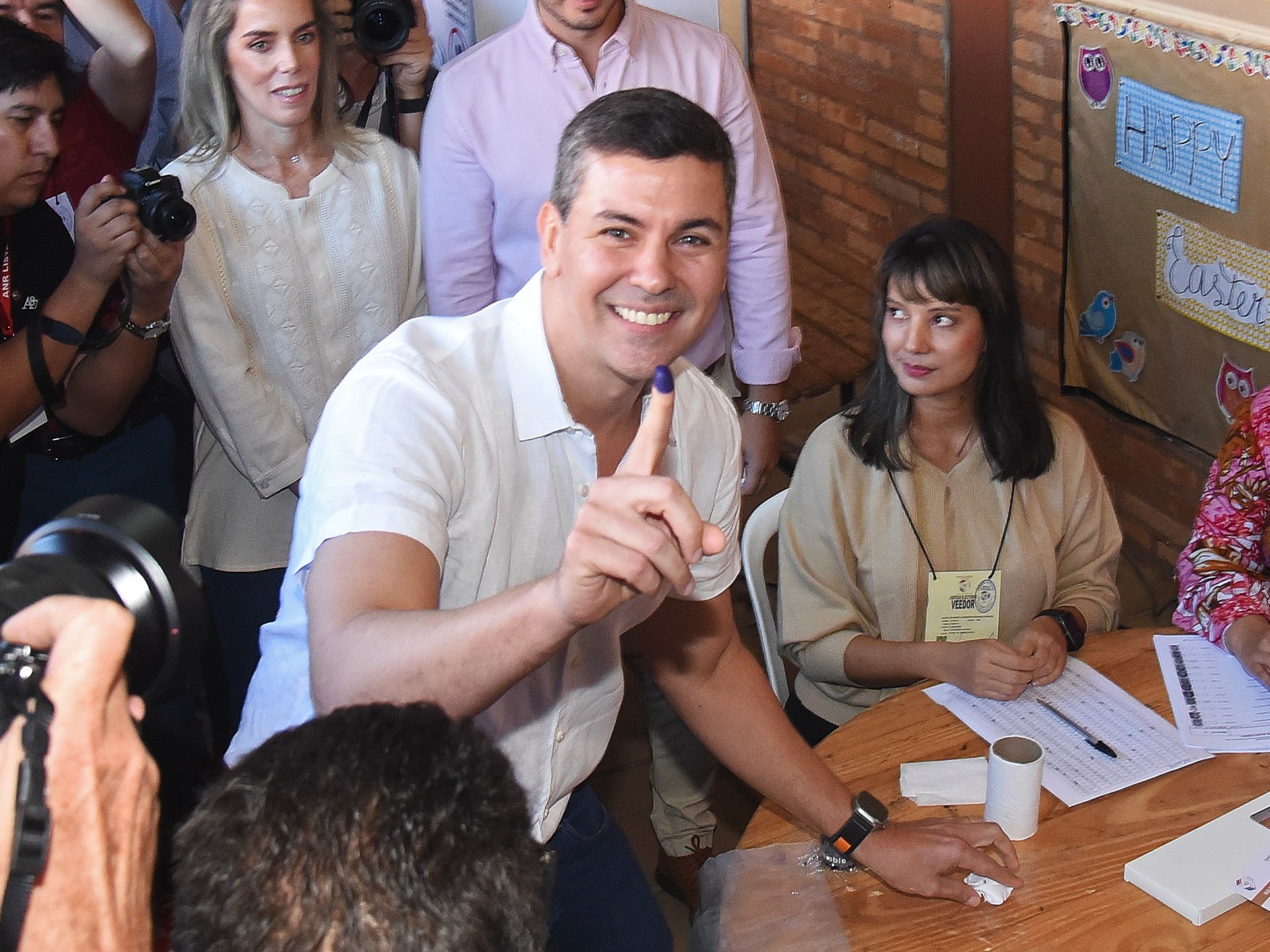


)


)




)







